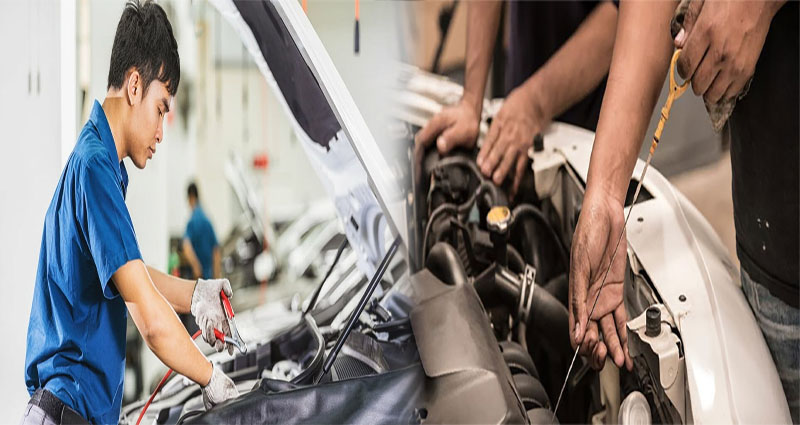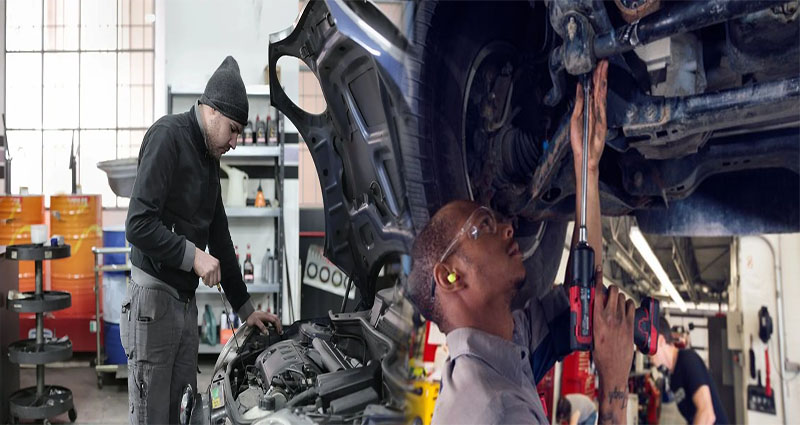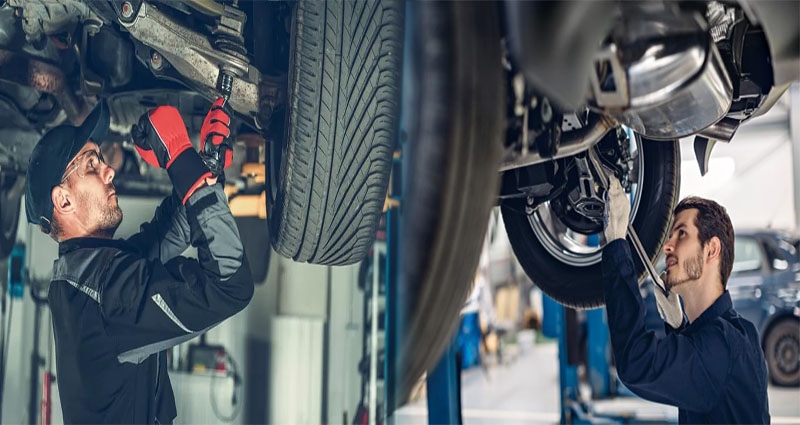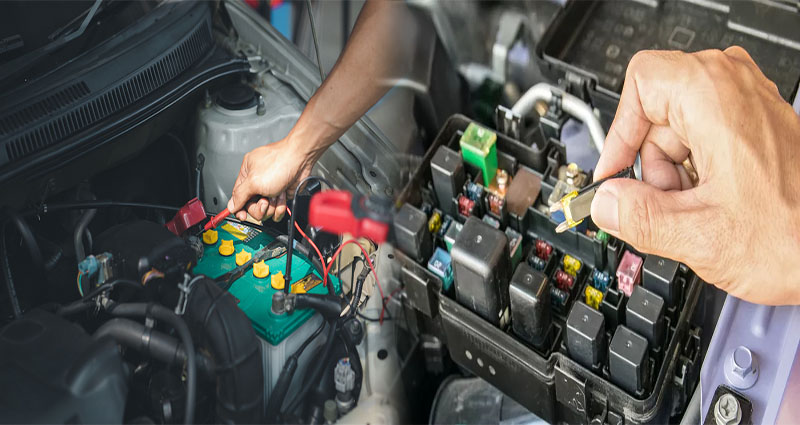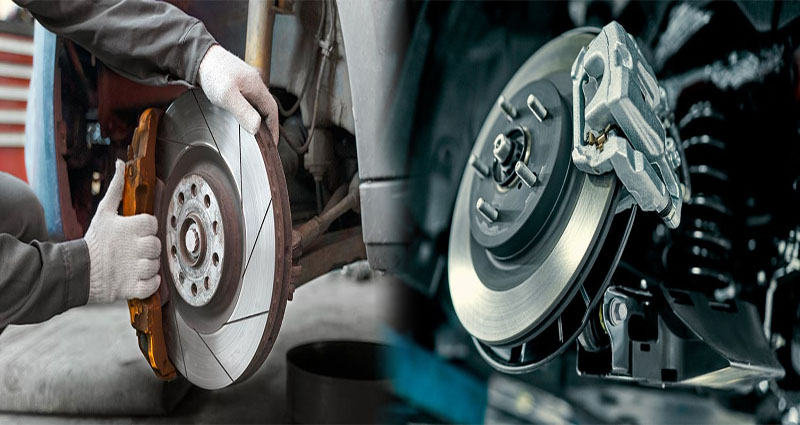Expert Automotive Technician Tasks: Performing Routine Maintenance and Tune-Ups
As an expert automotive technician, staying on top of performing routine maintenance and tune-ups is essential to ensure the optimal performance and longevity of vehicles. These tasks not only help in preventing major breakdowns but also help in identifying and addressing potential issues before they escalate into costly repairs. In this article, we will delve into the importance of performing routine maintenance and tune-ups and highlight the key tasks involved for expert automotive technicians.
Importance of Routine Maintenance and Tune-Ups
Routine maintenance and tune-ups play a crucial role in keeping vehicles running smoothly and efficiently. By adhering to a regular maintenance schedule, expert automotive technicians can conduct preventative measures that help in enhancing the overall performance of the vehicle and extend its lifespan. Moreover, routine maintenance helps in preserving the safety of the driver, passengers, and other motorists on the road by ensuring that critical components are in optimal condition.… Continue reading >>>

